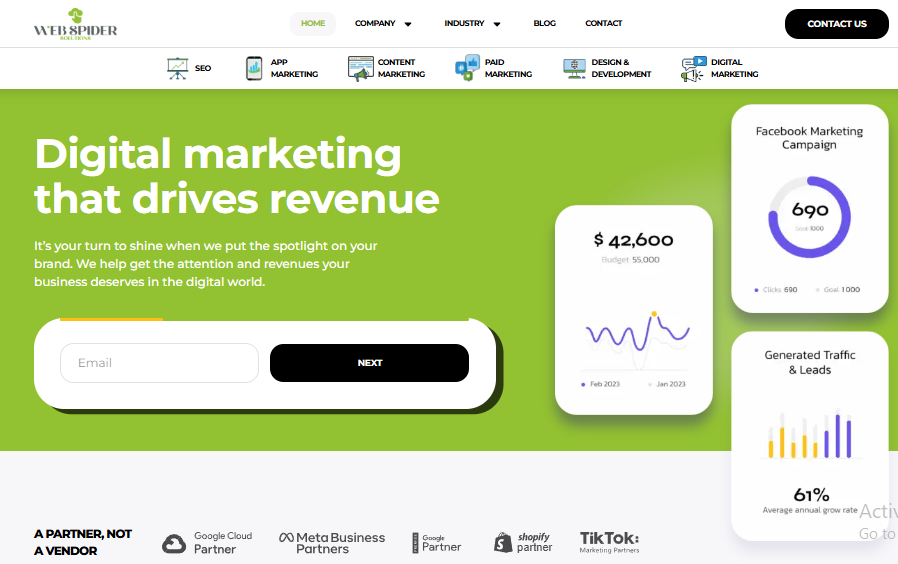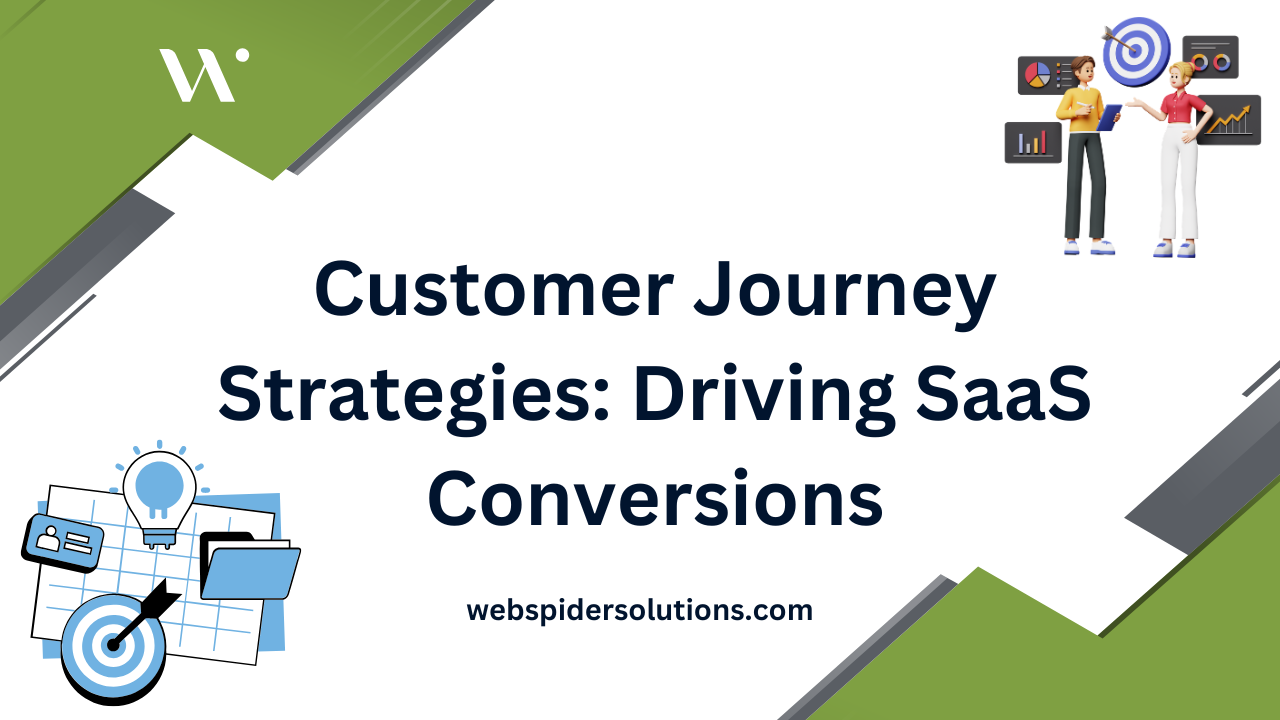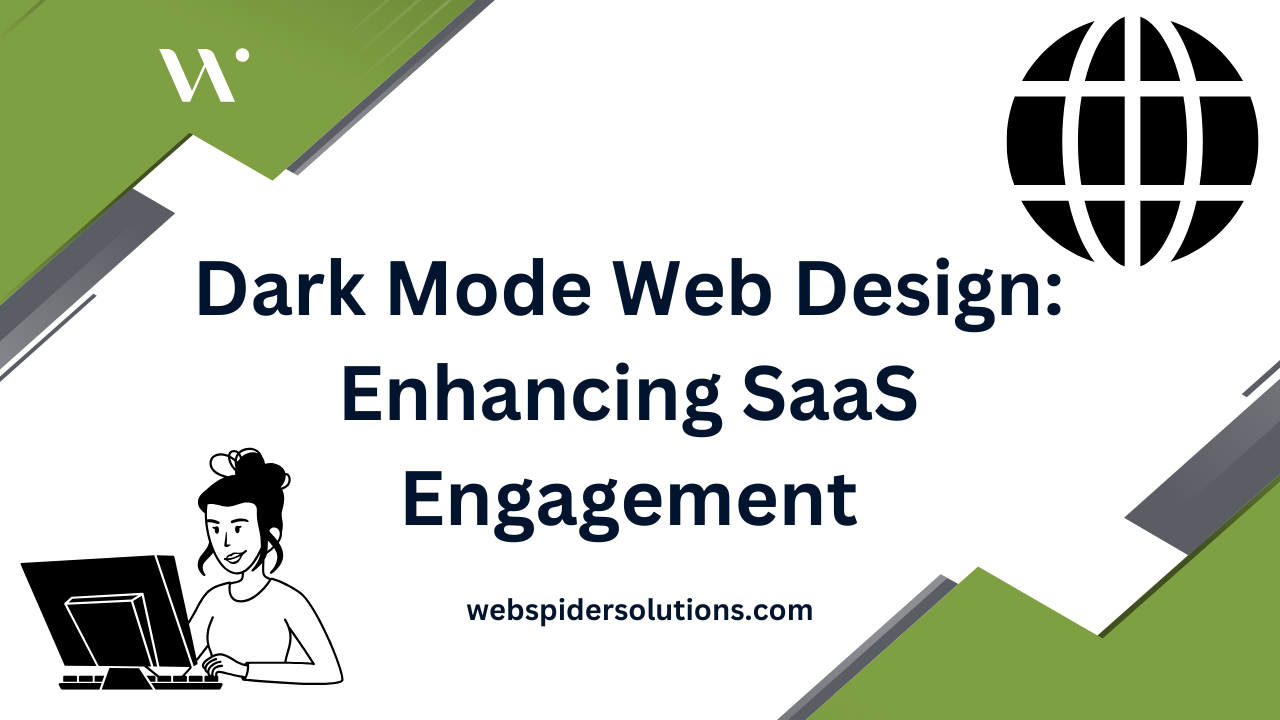Social media marketing is shaping the future of business in ways we could not have imagined just a few years ago. Platforms like Instagram and TikTok now influence over 70 percent of purchase decisions among millennials and Gen Z. Most people think it is just about going viral or chasing more followers, but that mindset leaves big opportunities untapped. The real power of social media comes from using targeted strategies and smart measurement to turn online interactions into lasting business growth.
Table of Contents
- What Is Social Media Marketing Today
- Key Benefits for Modern Businesses
- Effective Strategies and Best Practices
- Measuring Results and Maximizing ROI
Quick Summary
| Takeaway | Explanation |
|---|---|
| Social media is a strategic tool | It goes beyond posting; it builds relationships and drives measurable business goals. |
| Targeted content is key for engagement | Creating content that resonates with specific audience segments enhances interaction and loyalty. |
| Measure engagement, not just followers | Focus on advanced metrics to gauge true performance like engagement rates and conversions. |
| Embrace platform-specific strategies | Tailor your approach to each social media platform for optimal impact and reach. |
| Continuous improvement is essential | Regularly review analytics to adapt strategies that align with audience preferences and business objectives. |
What Is Social Media Marketing Today
Social media marketing represents a dynamic digital strategy that transforms how businesses connect with audiences in the digital ecosystem. More than just posting content, it’s a sophisticated approach to building brand relationships, driving engagement, and achieving measurable business objectives through strategic platform utilization.
The Core Definition of Social Media Marketing
At its essence, social media marketing is a comprehensive digital communication strategy that leverages social platforms to reach, engage, and convert target audiences. Discover how strategic social media approaches can revolutionize your business communication.
According to research from leading marketing experts, social media marketing integrates multiple communication channels to connect organizations with their target audiences. This approach goes beyond traditional advertising by creating interactive experiences that encourage user participation, content sharing, and direct brand interaction.
Strategic Components of Modern Social Media Marketing
Modern social media marketing encompasses several critical strategic components that businesses must understand to succeed:
- Content Strategy: Developing engaging, valuable content that resonates with specific audience segments
- Platform Optimization: Tailoring content and approach to each social media platform’s unique characteristics
- Community Engagement: Building and nurturing online communities that support brand objectives
Research from a comprehensive academic study identifies four key strategic approaches in social media marketing:
- Social Commerce Strategy: Directly connecting social media interactions with sales processes
- Social Content Strategy: Creating compelling content that drives user engagement
- Social Monitoring Strategy: Tracking and analyzing audience interactions and sentiment
- Social Customer Relationship Management (CRM) Strategy: Using social platforms to enhance customer service and relationship building
Businesses that effectively implement these strategies can transform social media from a simple communication tool into a powerful marketing engine. The goal is not just to broadcast messages but to create meaningful, two-way conversations that build trust, demonstrate value, and ultimately drive business growth.
Understanding social media marketing requires recognizing its complexity. It’s no longer about accumulating followers or generating likes. Instead, it’s about creating strategic, targeted experiences that align with broader business objectives and provide genuine value to your audience.
The most successful social media marketing approaches blend creativity, data-driven insights, and a deep understanding of audience behavior. By leveraging advanced analytics, businesses can refine their strategies, personalize their messaging, and create more impactful digital interactions that translate into tangible business results.
To better understand the four main strategic approaches cited, the following table compares their focus and examples.
| Strategy Type | Primary Focus | Example Application |
|---|---|---|
| Social Commerce | Linking social interaction to sales | Shopping features embedded in Instagram posts |
| Social Content | Creating content to drive engagement | Viral TikTok videos tailored to target audiences |
| Social Monitoring | Tracking audience sentiment and interactions | Using listening tools to track brand mentions |
| Social CRM | Customer care and relationship management | Responding to service queries via Twitter DMs |
Key Benefits for Modern Businesses
Social media marketing has emerged as a powerful strategic tool that delivers substantial benefits for modern businesses seeking competitive advantage in the digital marketplace. Beyond traditional marketing approaches, it offers multifaceted opportunities for growth, engagement, and strategic communication.
Enhanced Brand Visibility and Recognition
Businesses leverage social media marketing to dramatically expand their brand’s digital footprint. Learn how targeted digital strategies can transform your brand’s online presence.
According to research from digital marketing experts, social media marketing provides critical benefits including brand recognition, increased website traffic, and identification of potential business partnerships. Companies strategically using these platforms can achieve unprecedented exposure across diverse audience segments.
Driving Sales and Customer Engagement
Modern social media marketing transcends traditional advertising by creating interactive experiences that directly influence purchasing decisions. Research from a comprehensive industry study reveals that social platforms strengthen sales by building brand loyalty through multiple strategic touchpoints.
Key engagement strategies include:
- Direct Customer Interaction: Responding to inquiries and feedback in real-time
- Targeted Advertising: Utilizing platform-specific tools to reach precise demographic groups
- Incentive Creation: Developing platform-exclusive promotions and discount codes
Measurable Business Growth and Cost-Effectiveness

Empirical evidence demonstrates the significant economic potential of strategic social media marketing. Cutting-edge research indicates that companies implementing diversified social media strategies can increase total web sales by 2 to 5 percent through complementary marketing impressions.
Businesses benefit from:
- Reduced marketing expenses compared to traditional advertising channels
- Improved search engine rankings through active social engagement
- Generation of high-quality marketing leads
- Expanded reach beyond traditional geographic limitations
Successful social media marketing requires a nuanced approach that combines creative content, data-driven insights, and consistent engagement. By understanding platform-specific dynamics and audience behaviors, businesses can transform social media from a communication tool into a sophisticated marketing ecosystem that drives tangible business results.
The most effective strategies integrate multiple platforms, create value-driven content, and maintain an authentic brand voice that resonates with target audiences. As digital landscapes continue evolving, businesses that master social media marketing will position themselves at the forefront of innovation and customer connection.
To help clarify, the following table summarizes key benefits of social media marketing for modern businesses as discussed.
| Benefit | Description |
|---|---|
| Enhanced Brand Visibility | Expands digital footprint and reaches more diverse audiences |
| Increased Website Traffic | Drives targeted visitors to business websites |
| Improved Business Partnerships | Identifies and connects with potential partners |
| Higher Sales & Brand Loyalty | Directly influences purchase decisions and repeat business |
| Real-Time Customer Interaction | Supports rapid responses and builds trust |
| Reduced Marketing Costs | Offers lower-cost alternatives to traditional advertising |
| High-Quality Lead Generation | Attracts valuable prospects for marketing pipelines |
Effective Strategies and Best Practices
Navigating the complex world of social media marketing requires a strategic approach that combines technical expertise, creative communication, and data-driven decision-making. Businesses must develop comprehensive strategies that adapt to rapidly changing digital environments and audience expectations.
Content Creation and Audience Targeting
Successful social media marketing begins with understanding your target audience and creating content that resonates deeply with their interests, challenges, and aspirations. Explore advanced digital marketing techniques to refine your content strategy.
According to guidance from the U.S. Government Accountability Office, effective digital advertising strategies require precise audience targeting and transparent performance measurement. This means developing content that is not just visually appealing, but strategically designed to engage specific demographic segments.
Key content creation principles include:
- Authenticity: Developing a genuine brand voice that builds trust
- Value-Driven Content: Creating materials that solve problems or provide insights
- Consistency: Maintaining a regular posting schedule and visual brand identity
Platform-Specific Optimization
Each social media platform has unique characteristics, audience behaviors, and algorithmic preferences. Successful marketers understand that a one-size-fits-all approach fails to maximize engagement potential.
Effective platform-specific strategies involve:
- Analyzing platform-specific analytics and audience insights
- Adapting content formats to match platform strengths
- Understanding optimal posting times and frequency
- Utilizing platform-specific features like Stories, Reels, or Live streams
Measurement and Continuous Improvement
Data-driven decision-making is the cornerstone of modern social media marketing. Businesses must implement robust measurement frameworks that go beyond surface-level metrics like likes and followers.
Comprehensive performance tracking should include:
- Engagement rates
- Conversion metrics
- Audience growth
- Return on investment (ROI)
- Sentiment analysis
By establishing clear key performance indicators (KPIs) and regularly reviewing analytics, businesses can continuously refine their social media marketing strategies. This iterative approach allows for real-time adjustments that keep marketing efforts aligned with changing audience preferences and business objectives.
The most successful social media marketing strategies view these platforms not as broadcasting channels, but as dynamic spaces for genuine conversation and relationship building. Businesses that prioritize authentic engagement, data-informed decision-making, and adaptive content strategies will be best positioned to leverage the full potential of social media marketing in 2025 and beyond.
Measuring Results and Maximizing ROI
Measuring social media marketing performance goes far beyond simple vanity metrics like likes and follower counts. Modern businesses require sophisticated, data-driven approaches that provide actionable insights into their digital marketing investments and customer engagement strategies.
Advanced Metrics and Performance Tracking
Discover strategic approaches to digital marketing performance that transform raw data into meaningful business intelligence. Understanding the nuanced landscape of social media metrics requires a comprehensive framework that captures both quantitative and qualitative aspects of digital engagement.
According to research published in the Journal of Business & Industrial Marketing, B2B and B2C companies primarily evaluate social media marketing ROI through metrics related to awareness, engagement, and reach. However, the most sophisticated organizations go deeper, analyzing interaction quality and long-term brand impact.
Key performance indicators businesses should track include:
- Engagement Rate: Measuring meaningful interactions beyond surface-level metrics
- Conversion Tracking: Linking social media activities directly to revenue generation
- Audience Growth Quality: Assessing the relevance and potential value of new followers
Strategic ROI Measurement Frameworks
MIT Sloan Management Review suggests that traditional ROI approaches often fall short in capturing the complexity of social media marketing. Instead, businesses should focus on understanding customer motivations and the intrinsic value of digital interactions.
Effective ROI measurement involves:
- Establishing clear, measurable business objectives
- Implementing advanced tracking technologies
- Creating comprehensive attribution models
- Continuously refining measurement strategies
Consumer Engagement and Value Calculation
A systematic literature review published in the Italian Journal of Marketing introduces the COBRA (Consumers’ Online Brand-Related Activities) model, which provides a sophisticated framework for interpreting social media engagement. This approach categorizes metrics into:
- Quantitative metrics
- Normalized engagement indexes
- Comprehensive metric sets
- Qualitative interaction assessments
The most successful businesses view ROI as a multidimensional concept that extends beyond immediate financial returns. By understanding the holistic value of social media marketing—including brand awareness, customer loyalty, and long-term relationship building—organizations can develop more nuanced and effective digital strategies.
Ultimately, maximizing social media marketing ROI requires a dynamic, adaptive approach. Businesses must continuously experiment, measure, and refine their strategies, recognizing that digital landscapes evolve rapidly. The goal is not just to track performance but to generate actionable insights that drive meaningful business growth and customer engagement.

Frequently Asked Questions
What is social media marketing?
Social media marketing is a strategic approach that uses social media platforms to build relationships, engage with audiences, and achieve measurable business goals through targeted content and community interactions.
How can social media marketing benefit my business?
Social media marketing can enhance brand visibility, drive sales, and foster customer engagement by creating interactive experiences, improving website traffic, and providing real-time customer interaction.
What are effective strategies for social media marketing in 2025?
Effective strategies include crafting targeted content that resonates with your audience, optimizing content for specific platforms, and continuously measuring performance to refine strategies based on audience behavior and engagement.
How do I measure the ROI of my social media marketing efforts?
Measuring ROI involves assessing advanced metrics such as engagement rates, conversion tracking, and audience growth quality. Businesses should establish clear objectives, utilize tracking technologies, and create comprehensive attribution models.
Struggling to Turn Social Media Into Real Business Growth?
Many businesses post regularly and chase likes, yet find it nearly impossible to see measurable results. As highlighted in this article, real social media success in 2025 demands a strategic focus on engagement rates, conversion tracking, and audience targeting. If you want to move past vanity metrics and truly optimize your digital presence, our experts can help you master audience targeting, dynamic content creation, and platform-specific strategies.

Take the next step and unlock your business’s online potential. Visit Web Spider Solutions for a free consultation. Now is your chance to build a lasting audience, drive quality traffic, and measure the results that matter most. Let us turn your social media platforms into engines for real business growth.
Recommended











